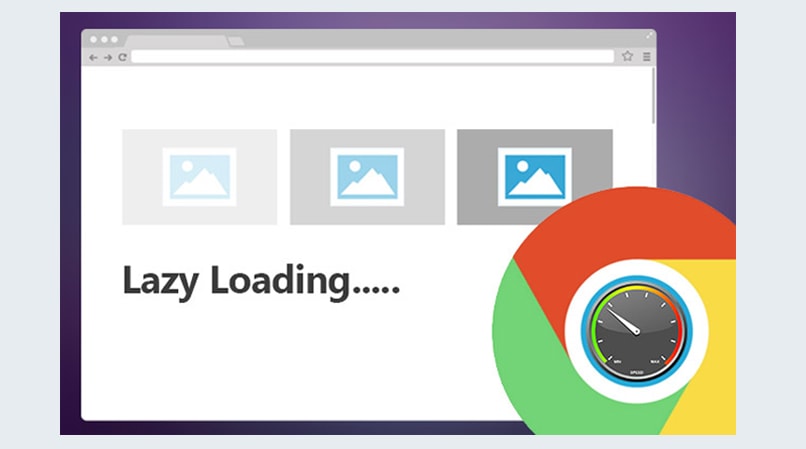Lazy loading images libraries for android
Almost every android app has a need to load remote images. While loading remote images, we have to take care of below things:
- Image loading process must be done in background (i.e. asynchronously) to avoid blocking UI main thread.
- Image recycling image should be done.
- Image should be displayed once its loaded successfully.
- Images should be cached in local memory for the later use.
- If remote image gets failed (due to network connection or bad url or any other reasons) to load then it should be managed perfectly for avoiding duplicate requests to load the same again, instead it should load if and only if net connection is available.
- Memory management should be done efficiently.
In short, we have to write a code to manage each and every aspects of image loading but there are some awesome libraries available, using which we can load/download image asynchronously. We just have to call the load image method and success/failure callbacks.
1. Universal Image loader
Universal Image loader aims to provide a powerful, flexible and highly customizable instrument for image loading, caching and displaying. It provides a lot of configuration options and good control over the image loading and caching process.
- Multithread image loading (async or sync)
- Wide customization of ImageLoader's configuration (thread executors, downloader, decoder, memory and disk cache, display image options, etc.)
- Many customization options for every display image call (stub images, caching switch, decoding options, Bitmap processing and displaying, etc.)
- Image caching in memory and/or on disk (device's file system or SD card)
- Listening loading process (including downloading progress)
2. Picasso
Images add much-needed context and visual flair to Android applications. Picasso allows for hassle-free image loading in your application. Many common pitfalls of image loading on Android are handled automatically by Picasso:
- Handling ImageView recycling and download cancelation in an adapter.
- Complex image transformations with minimal memory use.
- Automatic memory and disk caching.
- Adapter re-use is automatically detected and the previous download canceled.
- Transform images to better fit into layouts and to reduce memory size.
- Picasso supports both download and error placeholders as optional features.
- Resources, assets, files, content providers are all supported as image sources.
- For development you can enable the display of a colored ribbon which indicates the image source
3. Fresco
Displaying images quickly and efficiently on Facebook for Android is important. Yet we have had many problems storing images effectively over the years. Images are large, but devices are small. Each pixel takes up 4 bytes of data — one for each of red, green, blue, and alpha. If a phone has a screen size of 480 x 800 pixels, a single full-screen image will take up 1.5 MB of memory. Phones often have very little memory, and Android devices divide up what memory they have among multiple apps.
4. ION
It is a popular Android Asynchronous Networking and Image Loading. The ion provide following features.
- Asynchronously download:
- Images into ImageViews or Bitmaps (animated GIFs supported too)
- JSON (via Gson)
- Strings
- Files
- Java types using Gson
- Easy to use Fluent API designed for Android
- Automatically cancels operations when the calling Activity finishes
- Manages invocation back onto the UI thread
- All operations return a Future and can be cancelled
- HTTP POST/PUT:
- text/plain
- application/json - both JsonObject and POJO
- application/x-www-form-urlencoded
- multipart/form-data
- Transparent usage of HTTP features and optimizations:
- SPDY and HTTP/2
- Caching
- Gzip/Deflate Compression
- Connection pooling/reuse via HTTP Connection: keep-alive
- Uses the best/stablest connection from a server if it has multiple IP addresses
- Cookies
- View received headers
- Grouping and cancellation of requests
- Download progress callbacks
- Supports file:/, http(s):/, and content:/ URIs
- Request level logging and profiling
- Support for proxy servers like Charles Proxy to do request analysis
- Based on NIO and AndroidAsync
- Ability to use self signed SSL certificates
5. Novoda image-loader
image-loader is a simple library that makes it easy to download, display and cache remote images in Android apps. Image download happens off the UI thread and the images are cached with a two-level in-memory/SD card cache
So now I am sure now you can be able to compare libraries. Choosing library is a bit difficult talk because it always depends on the requirement and type of projects.
